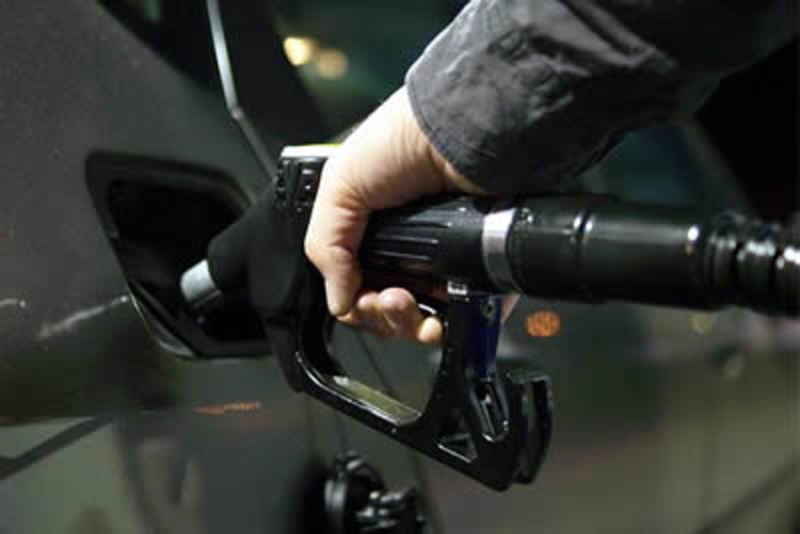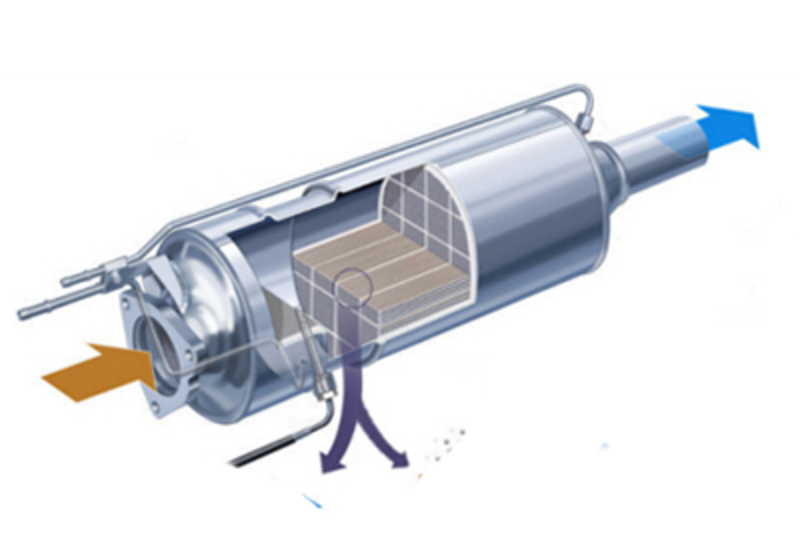New Petrol Or Diesel Car - Which To Buy in 2018
Published Date: 5th Jul 2018
Prior to the bad press, mainly the so-called ‘diesel scandal’ and the road tax increases, demand for diesel cars has been very high. The diesel scandal found some car makers were using smart software to report lower emissions than ‘real world’ results and gaming the system effectively. Since then EURO 6 (and the stricter EURO 6.2 standards testing) has been introduced, aiming to bring 'real world' emissions testing for new cars providing a wider range of lab and real world tests. Whilst the latter EURO 6.2 is not mandatory in the UK for new cars it provides a benchmark for new car buyers.
Car manufacturers year on year have been improving and refining their diesel engine technology (and petrol units for that matter) increasing fuel economy and lowering CO2 emissions with the benefit for new car buyers drastically reduced running costs, especially with a diesel car.
So, in 2018 should you be buying a new diesel or petrol car? …. Here are some things to consider:
- You’ll need to justify the higher price-tag of a diesel
- Take into account increases in road tax bands for diesels in 2017/2018
- Need a workhorse & pulling power? Diesels offer more torque
- You can go generally go past 100,000 miles with ease in a diesel
- DPF’s (diesel particulate filters) can be a problem for frequent short trips
A Diesel Car Has A Higher Price-Tag Than Its Petrol Counterpart
 Diesels cost more than their petrol counter-parts. If your decision is based purely on economics, you need to calculate the savings in running costs a diesel offers you over the period you will own the vehicle to see if it justifies the higher price-tag.
Diesels cost more than their petrol counter-parts. If your decision is based purely on economics, you need to calculate the savings in running costs a diesel offers you over the period you will own the vehicle to see if it justifies the higher price-tag.
Fuel economy figures of diesels are significantly superior to their petrol counterparts but the new road tax bands for diesels mean it may take a little longer to recoup the extra cost of a diesel.
Diesels Have Been Hit By Increased Road Tax Charges In 2017/2018
VED costs have increased by one band for new diesels that do not meet EURO 6 emissions standards (in operation from April 2018) and company car tax increases equate to an additional 3-4%. Having said that car makers have already or are in the process of rolling new EURO 6 compliant models which will reduce running costs a tad for would-be new diesel car buyers. Check if your new diesel is EURO 6 ready before making a purchase as it will reduce costs.
If travelling into London on a regular basis you should also consider London's T-Charge which will be replaced by the ULEZ (Ultra Low Emissions Zone) charge in 2019. Again if your are buying a new diesel car, a EURO 6 compliant diesel is the way to go here to avoid the charge. There's a handy ULEZ car checker here.
Diesels Offer More Torque Than Petrol Counterparts
 Diesels offer more torque when compared with a similar petrol counterpart, if you need pulling power and you are towing a caravan, trailer, horsebox etc or even frequently travelling with a full load of passengers and luggage then a diesel may be a more attractive proposition. If you are driving in some challenging conditions the extra torque a diesel provides may again be very welcome.
Diesels offer more torque when compared with a similar petrol counterpart, if you need pulling power and you are towing a caravan, trailer, horsebox etc or even frequently travelling with a full load of passengers and luggage then a diesel may be a more attractive proposition. If you are driving in some challenging conditions the extra torque a diesel provides may again be very welcome.
Diesels Can Clock Up The Miles … No Problem
Although petrol engines have come a long way and the idea they can’t go round the clock is something of a myth in a modern petrol car, diesels are still superior when it comes longevity.
If you want a workhorse to clock up a lot of miles or plan on keeping the car for a long time, a diesel may be favourable. In terms of maintenance costs, there’s little to choose on average between a diesel or petrol but the fuel economy figures are far superior on diesels, so the more miles you clock up the more it makes sense.
Diesel Particulate Filters Can Be A Problem for Frequent Short Trips
 Modern diesels are equipped with something called a DPF (diesel particulate filter) which filters harmful diesel particulates that have been linked with heath issues. A DPF can get blocked if you are only travelling short distances on regular basis and NOT doing any motorway travel. The worst-case scenario (albeit quite rare) is needing a replacement DPF which is quite a pricey repair.
Modern diesels are equipped with something called a DPF (diesel particulate filter) which filters harmful diesel particulates that have been linked with heath issues. A DPF can get blocked if you are only travelling short distances on regular basis and NOT doing any motorway travel. The worst-case scenario (albeit quite rare) is needing a replacement DPF which is quite a pricey repair.
To compare 1000s of new diesel and petrol cars visit the UK Car Discount homepage and use the advanced new car search.
